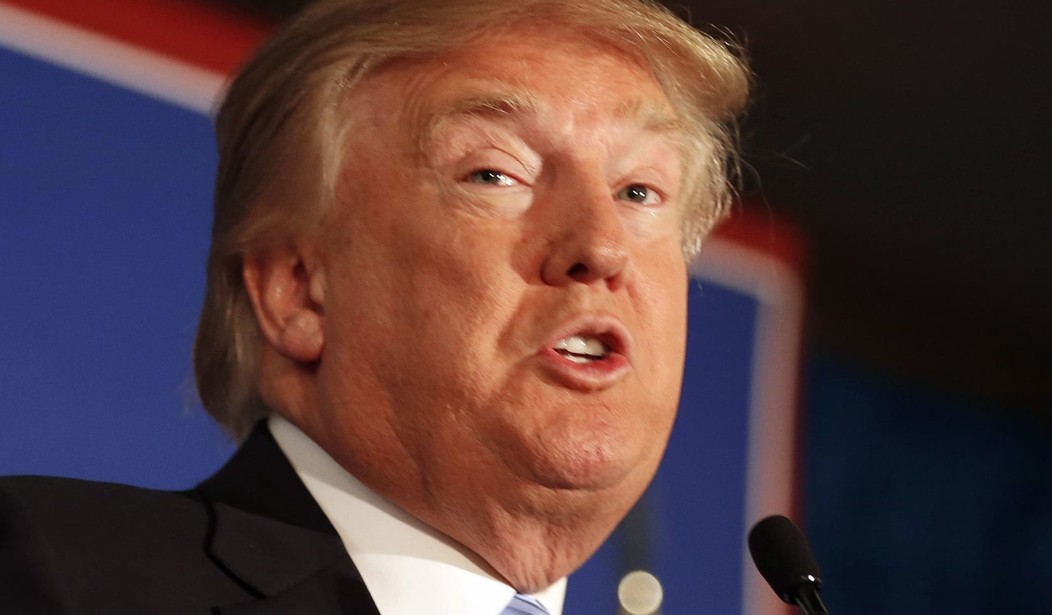As Donald Trump fans the flames of constitutional idiocy regarding Sen. Ted Cruz’s presidential eligibility, there’s an idea that keeps creeping into the coverage of Trump’s disingenuous smear. Conservatives and Republicans — even Trump — should squelch it now. And that is this: the actual meaning of the “natural born citizen” clause is not clear, or even known, because the Supreme Court has not ruled on it yet.
This know-nothing notion pushed by Trump and his Leftist tools in the obsolete media would have you believe that the words of the Constitution lack meaning altogether, until they receive it from the Court from time to time. In other words, you are stripped of constitutional protections, and lay naked before the whims of the imperial Court.
The Constitution’s alien-president proscription in Article II, Section 1 reads as follows:
No Person except a natural born Citizen, or a Citizen of the United States, at the time of the Adoption of this Constitution, shall be eligible to the Office of President…
Sen. Cruz was born in Canada to an American mother, and held dual citizenship until he renounced his Canuck connection in 2014. He’s clearly eligible under any but the most Clintonian or Trumpian reading of the clause. But that’s not the problem. The serious issue here is the insinuation that the words of the Constitution serve as empty placeholders until five appointed lawyers imbue them with meaning.
The Framers of the Constitution wrote as plainly as they could to be understood both by men of letters and men of the plow — scholars and the mechanics alike.
The constitutionality of any particular act or law is determined by the interplay of the words of freedom’s charter itself among the people, the states, their federal representatives, and the executive, as well as rulings of the court in particular cases. The Court may weigh in only when two parties clash in a realm over which the Constitution holds sway. Even then, the Supreme Court is not an omnipotent force handing down the eternal word. Congress may write new constitutional law. The People may amend their Constitution. The president may appoint justices who ultimately overturn the ruling.
But our Constitution precedes all of that, and stands on its own, supreme. Its reasonable interpretation is not contingent upon a conflict that forces an issue. The Constitution’s words have inherent (and usually obvious) meaning, and you need not suspend your opinion on an issue to await the pronouncement of five ebony-cloaked legal geezers.









Join the conversation as a VIP Member